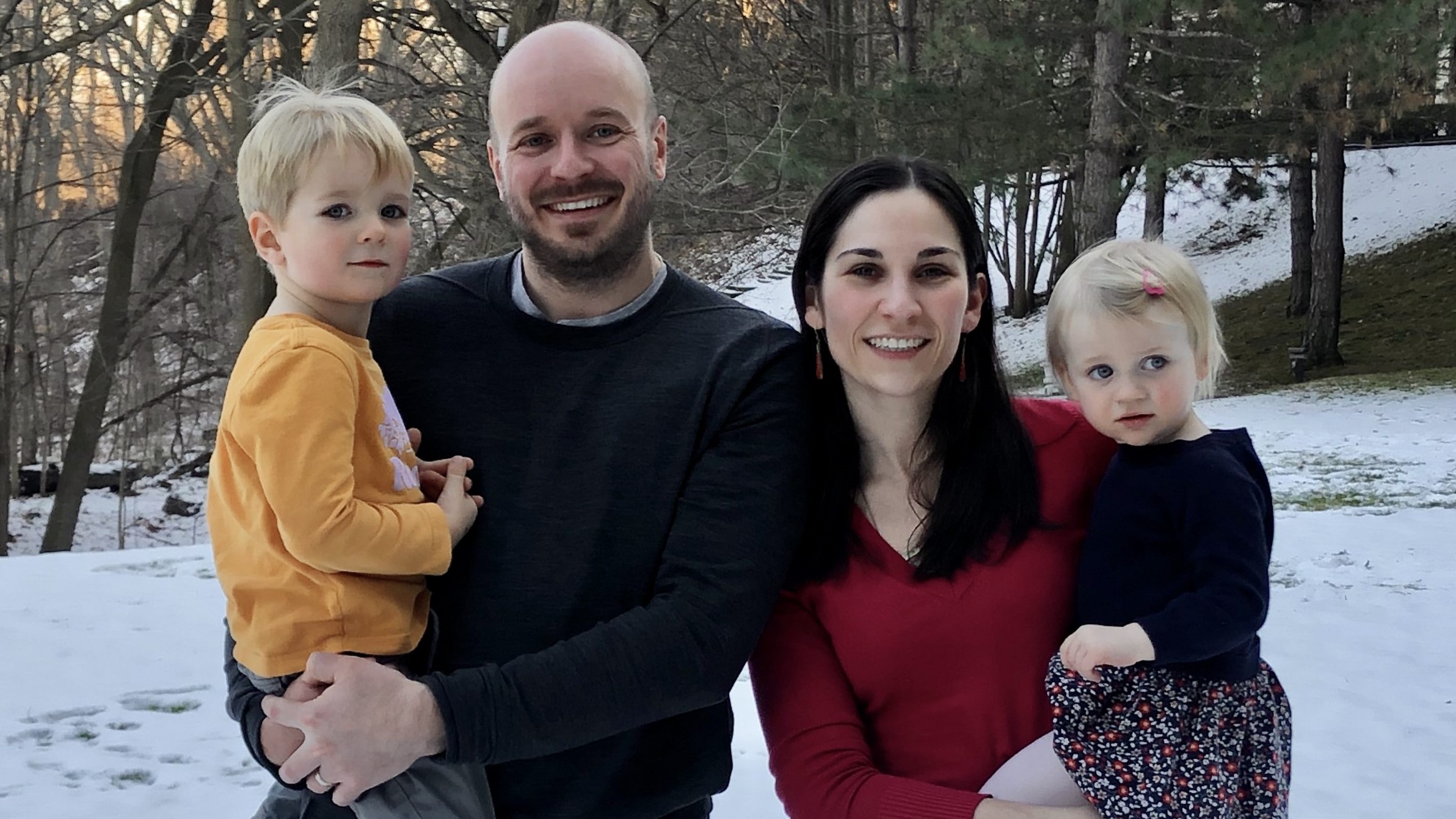Deanne Alexis Carrere
CAPSTONE
Capstone Project Committee: Sonja Eubanks, M.S., CGC, Marian Gardner, Ph.D., Terrance McConnell, Ph.D., Scott Richter, Ph.D. (Statistical Consultant)
Background: Despite a lack of consensus regarding the definition of “genetic disease,” there exists a tendency to label genetic conditions as special, requiring unique primary care and public health attention. Often, this notion rests on the theory of genetic exceptionalism, the controversial idea that in a meaningful way, genetic information is distinct from other medical information. This project aimed to investigate laypersons’ beliefs about genetic disease and genetic exceptionalism, and to assess the impact of a genetics literacy intervention.
Methods: A pre-experimental, one-group matched design was used. Identical pre- and post-surveys containing three sections (Demographics, Genetics Literacy, and Applied Scenarios) were administered to students of GN 301 (Genetics in Human Affairs) at North Carolina State University. An online survey to elicit qualitative data was administered following completion of the course.
Results: In total, 103 pre- and post-surveys were matched, and 36 online surveys were completed, for response rates of 41% and 14%, respectively. Genetics literacy was high on the pre-survey but increased significantly on the post-survey. Inheritance and causation were identified as the most important factors in determining disease classification. Participants saw a distinction between genetic and infectious diseases with respect to public health approaches but felt that all medical information should be highly protected. A tension identified was the fact that genetic information can be both probabilistic and uniquely definitive. Asked directly about genetic exceptionalism, close to 50% of participants agreed with this theory on both surveys.
Conclusions: The impact of the genetics literacy intervention could not be assessed due to the high baseline level of genetics literacy. Distinctions made between genetic and non-genetic disease and medical information did not always have practical implications. Future studies would benefit from studying populations with lower genetics literacy and refining the survey to assess more effectively participants’ complex beliefs.
Since Graduation

Alexis is currently a clinical analyst with GeneDx, working from her home in London, Ontario, Canada. After graduation from UNCG, Alexis worked as a clinical genetic counselor in hereditary cancer and pediatric metabolics within the Provincial Medical Genetics Program of Newfoundland and Labrador in St. John’s, Newfoundland.
She then moved to Boston to pursue a Doctor of Science in Epidemiology at the Harvard T.H. Chan School of Public Health, with a focus on genetic epidemiology, and a thesis addressing direct-to-consumer genetic testing. After a postdoctoral fellowship back in Canada at McMaster University, she found herself drawn to the laboratory side of medical genetics, especially whole exome sequencing, and took a position as a Genome Analyst at the London Health Sciences Centre in London, Ontario.
Since 2019, she has been an analyst with GeneDx, and loves the ability to combine her clinical and epidemiological training into a single position. In 2019, Alexis served as the President of the Canadian Association of Genetic Counsellors (CAGC), and is currently completing her term on the Board of Directors as Past-President.
She also enjoys contributing to the profession through the ABGC Research Committee, and as an ABGC Exam Item Writer for a number of years. Outside of genetic counseling, her time is devoted to her family, including her husband John, son George (4), and daughter Nora (2) – and the newest member who was welcomed in October!
In non-Pandemic times, Alexis loves visiting the friends she made during her training in the United States, and in particular, looks forward to the UNCG GC Class of 2010 Reunion each year in a new location.